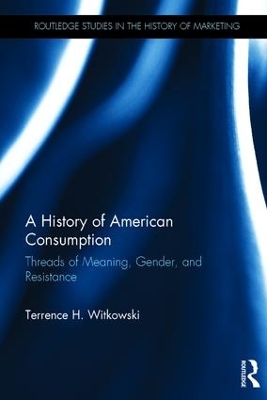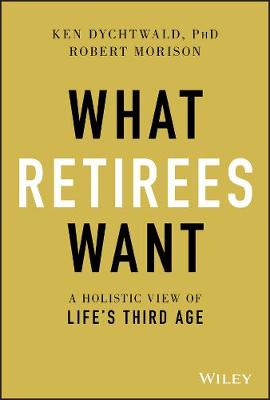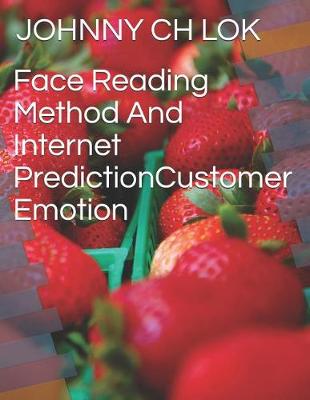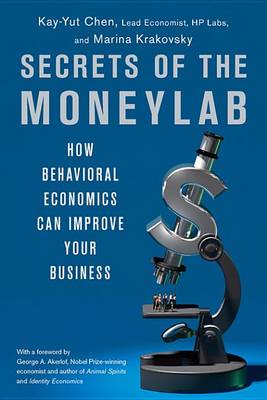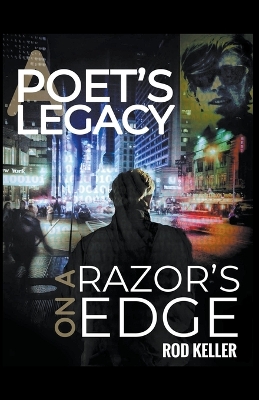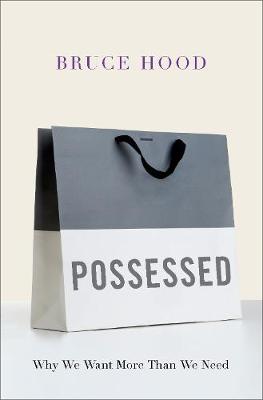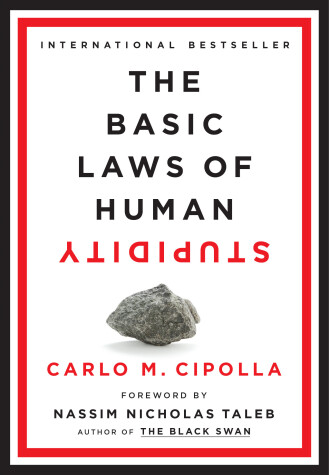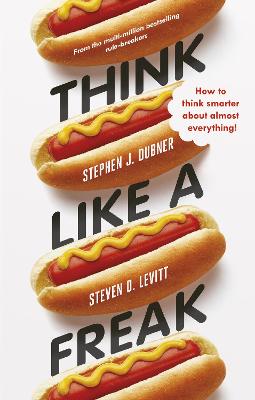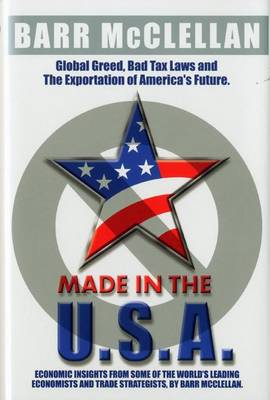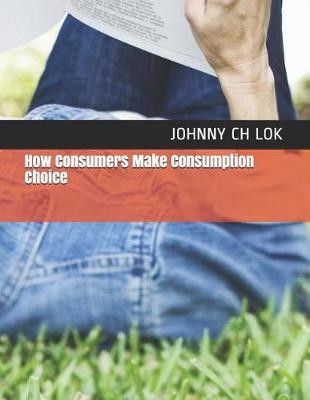A History of American Consumption (Routledge Studies in the History of Marketing)
by Terrence H. Witkowski
The United States has been near the forefront of global consumption trends since the 1700s, and for the past century and more, Americans have been the world's foremost consuming people. Informed and inspired by the literature from consumer culture theory, as well as drawing from numerous studies in social and cultural history, A History of American Consumption tells the story of the American consumer experience from the colonial era to the present, in three cultural threads. These threads reco...
With a special focus on private label food brands and manufacturer brands, this book provides a comprehensive overview of the fast-moving consumer goods marketing landscape. The author illustrates the volatile nature of the relationship between the two types of brands as they compete and co-exist with each other on supermarket shelves. Topics such as brand and category management, product innovation, and consumer choice are discussed and supported with rich empirical case studies from countries...
New Directions in Consumer Psychology (Consumer Research & Policy)
by Richard Elliot
Consumer research has led to the image of the consumer as a rational, highly involved thinker who processes information and considers every choice that is made. This cognitive approach has more recently been challenged by social psychologists and anthropologists arguing that a more descriptive model of consumers needs to be developed. This study analyzes the various approaches to consumer psychology, tracing the trend towards postmodern alternatives to cognitive behaviour and asking if there is...
"Dychtwald and Morison offer a brilliant and convincing perspective: an essential re-think of what 'aging' and 'retirement' mean today and an invitation to help mobilize the best in the tidal wave of Boomer Third Agers."—Daniel Goleman, PhD, Author, Emotional Intelligence: Why It Can Matter More Than IQ Throughout 99 percent of human history, life expectancy at birth was less than 18 years. Few people had a chance to age. Today, thanks to extraordinary medical, demographic, and economic shifts,...
Every facet of the new economy, from buzz marketing and new retailing technologies to internet shopping, has dramatically altered not only how we buy but what we buy and why. In an era of 'cheap is chic', wealthy shoppers haggle to win even the smallest discounts ; gray consumers buy more rap and techno music than anyone else and are the fastest growing group of internet users ; and the Web and the power of micro-marketing have revolutionized forever the means of wooing new customers. New Consum...
Face Reading Method and Internet Predictioncustomer Emotion
by Johnny Ch Lok
Risk Assessment of BS 1362 Fuse Links under Short Circuit Conditions
by A.H. Powell
Sensational books like Freakonomics have shown how human behaviour follows predictable patterns. But how do you take these radical ideas and apply them to your business? How do you make money from them? Secrets of the Moneylab sets out what business can learn from the findings of the new economics and social psychology. It shows how you can shape desires, use incentives and reduce risks to consistently improve the bottom line. In his experimental lab at Hewlett-Packard, chief economist Kay-Yut...
Sourcebook of Buying Power
Ownership is on most people's lips these days, or at least the lack of ownership. Everywhere people seem to be fighting over what is theirs. They want to take back their property, their lands, their liberty, their bodies, their identity, and their right to do what they want. These are all things people can own. These demands are quite remarkable when you consider that ownership is not an observable property but rather an abstract concept. And yet this abstract concept controls just about everyth...
"A masterly book" —Nassim Nicholas Taleb, author of The Black Swan "A classic" —Simon Kuper, Financial Times An economist explains five laws that confirm our worst fears: stupid people can and do rule the world Throughout history, a powerful force has hindered the growth of human welfare and happiness. It is more powerful than the Mafia or the military. It has global catastrophic effects and can be found anywhere from the world's most powerful boardrooms to your local bar. It is human stu...
From the rule-breaking authors of international bestsellers Freakonomics and Superfreakonomics, this is the ultimate guide to how to Think Like a Freak The Freakonomics books have come to stand for something: challenging conventional wisdom; using data rather than emotion to answer questions; and learning to unravel the world's secret codes. Now Levitt and Dubner have gathered up what they have learned and turned it into a readable and practical toolkit for thinking differently - thinking,...
Epistemological Problems of Economics (Institute for Humane Studies in Econ)
by Ludwig Von Mises
Lower-Middle Class in Britain, 1870-1914 (Routledge Library Editions: The Victorian World)
First published in 1977. This book records the emergence of a lower middle class in late Victorian and Edwardian Britain. Victorian society had always contained a marginal middle class of shopkeepers and small businessmen, but in the closing decades of the nineteenth century the growth of white-collar salaried occupations created a new and distinctive force in the social structure. These essays look at the place of the lower middle class within British society and examine its ideals and values....

